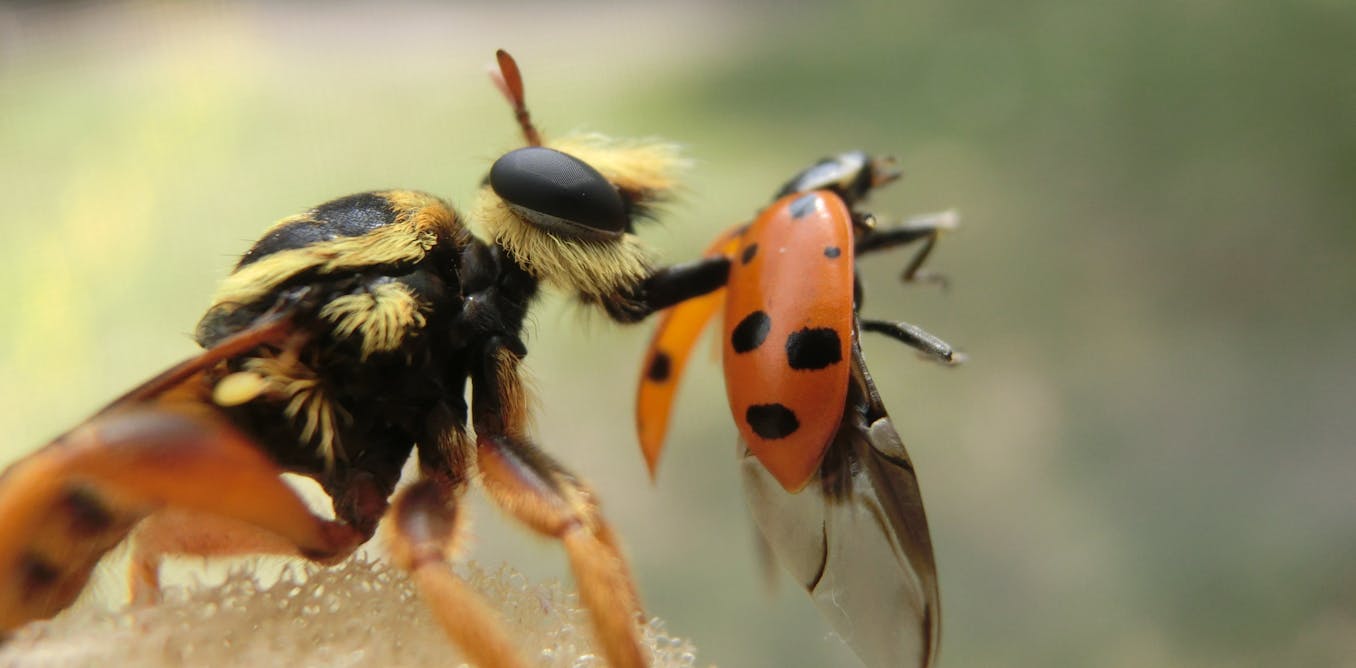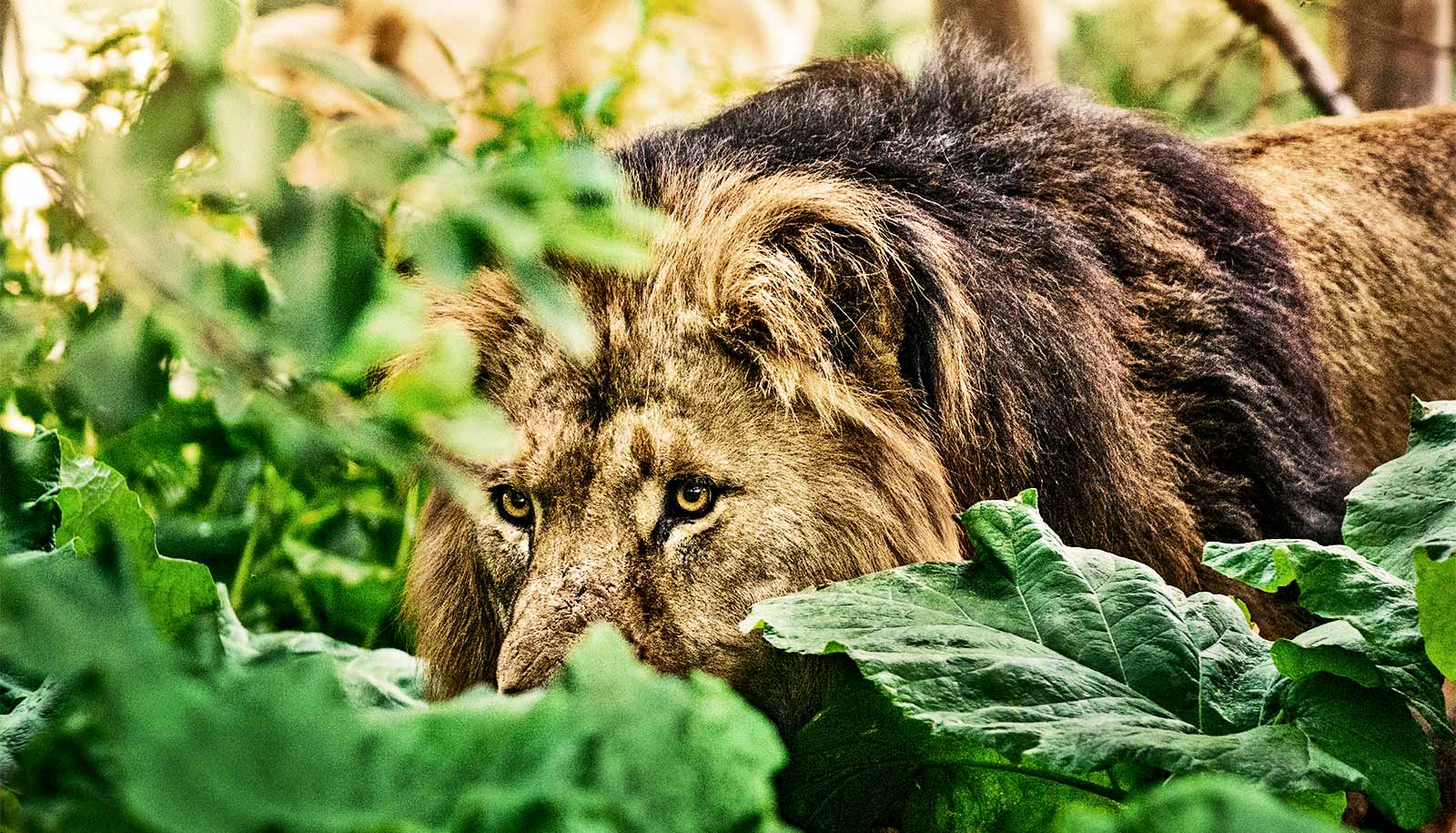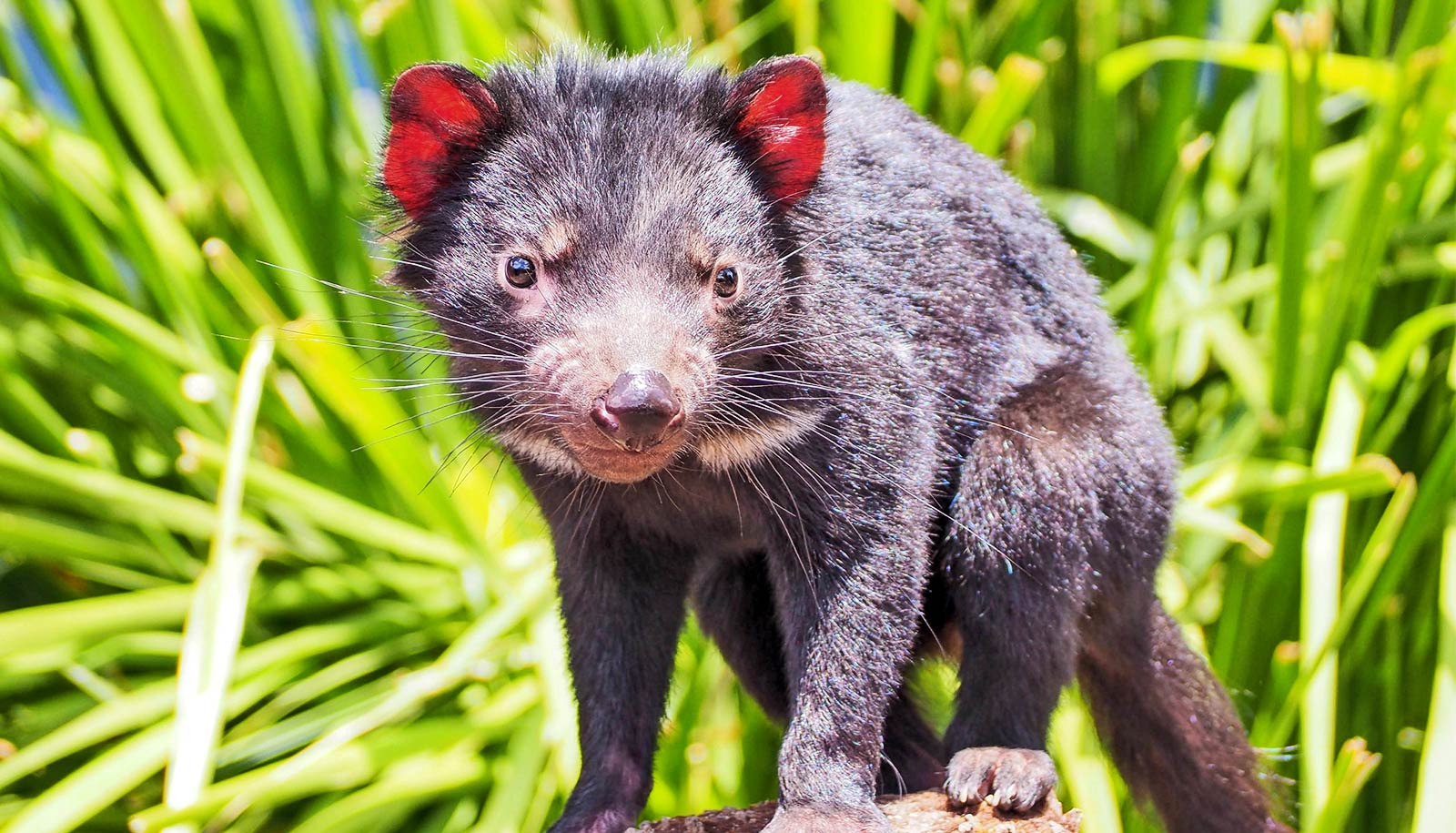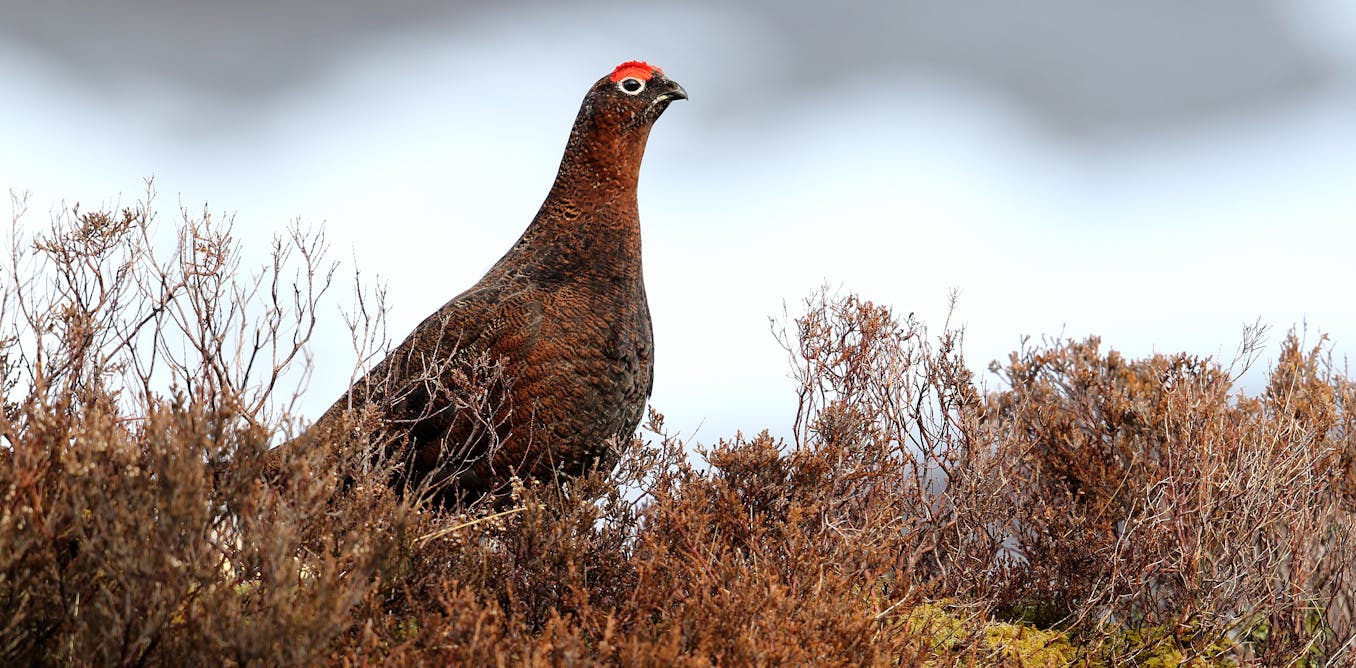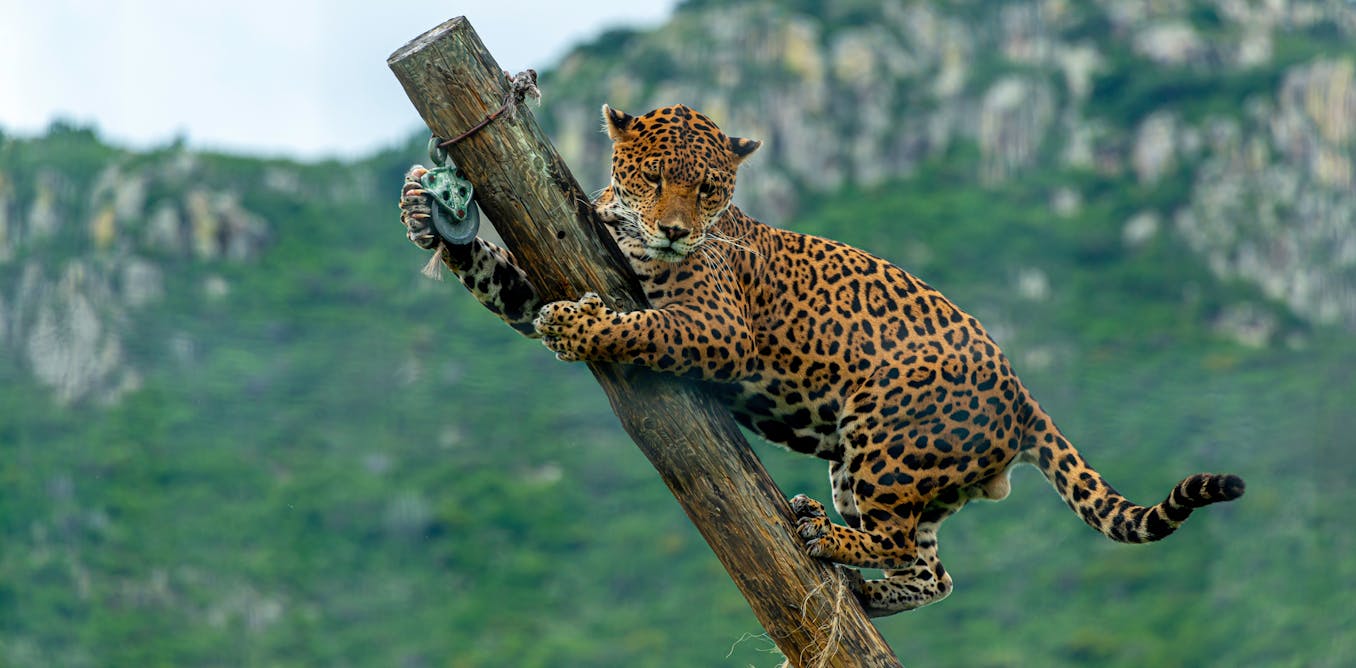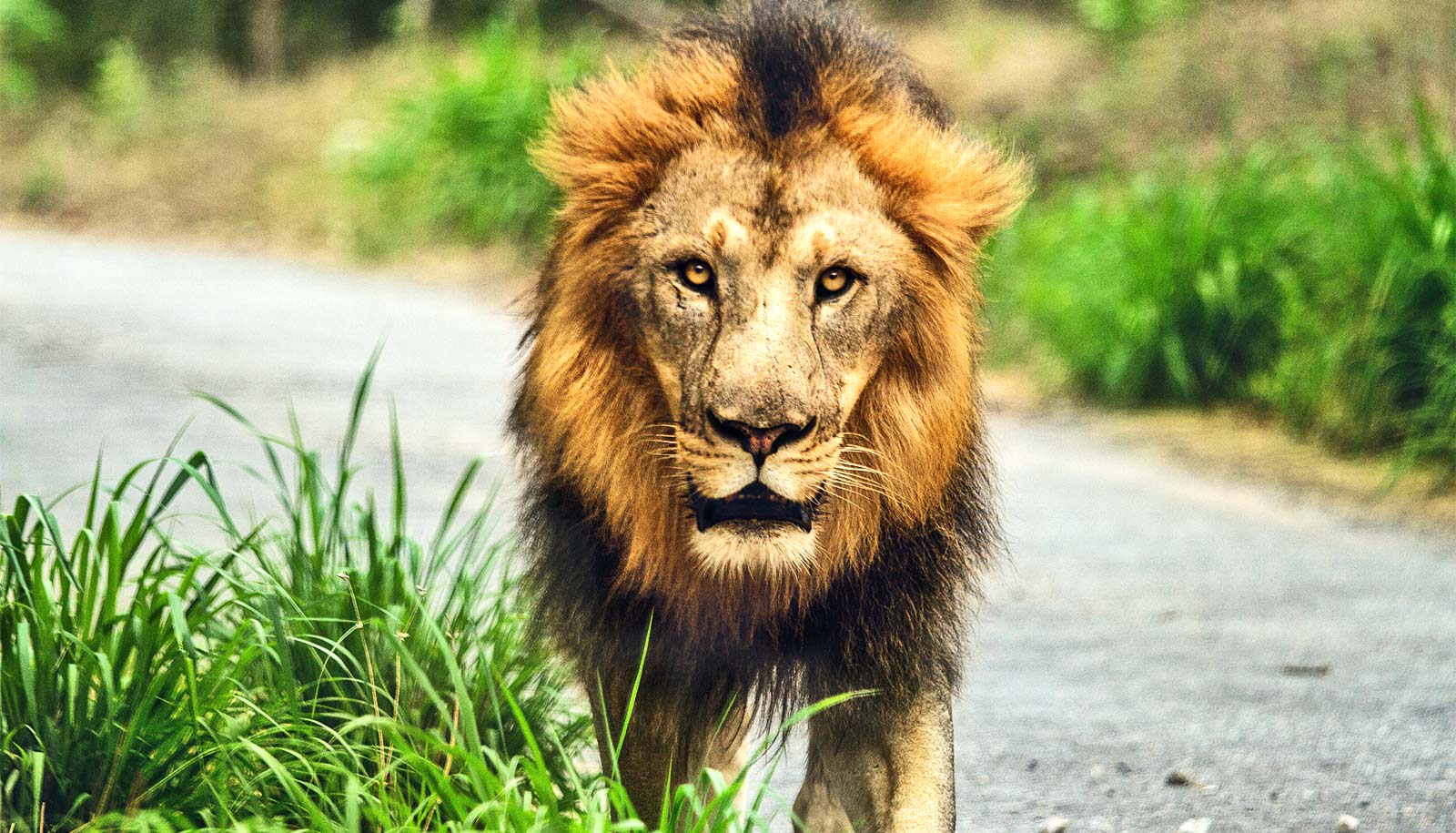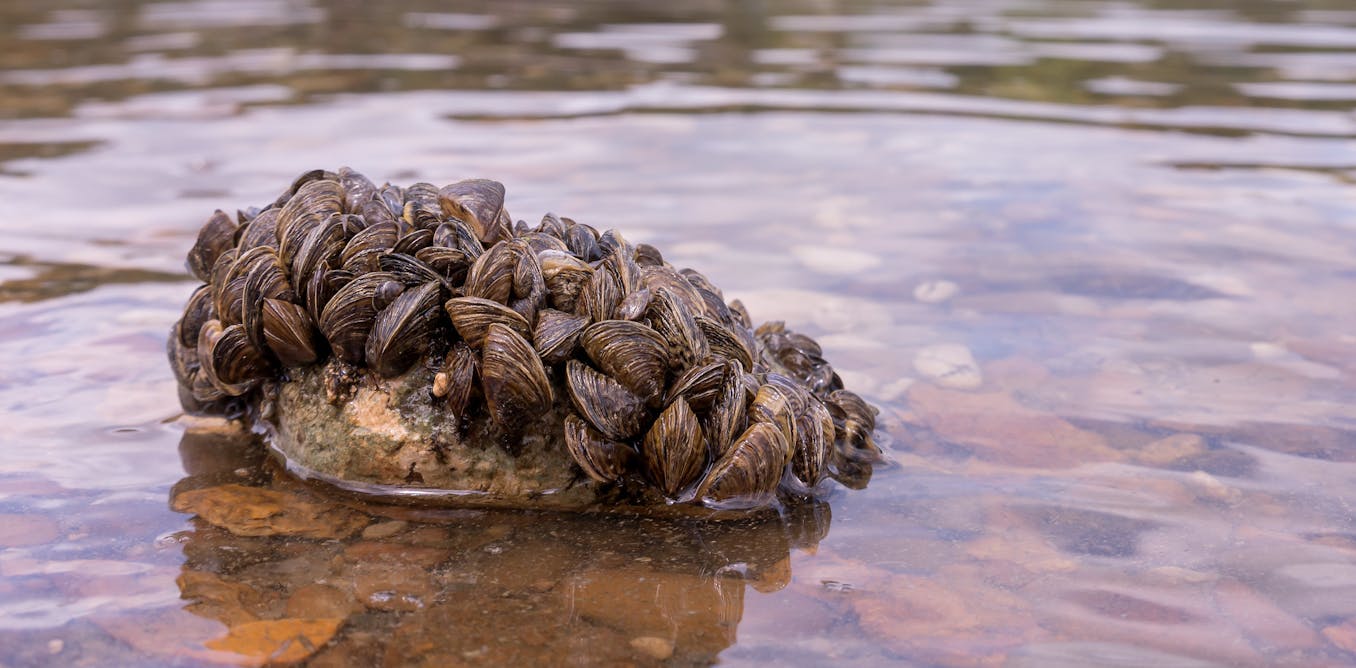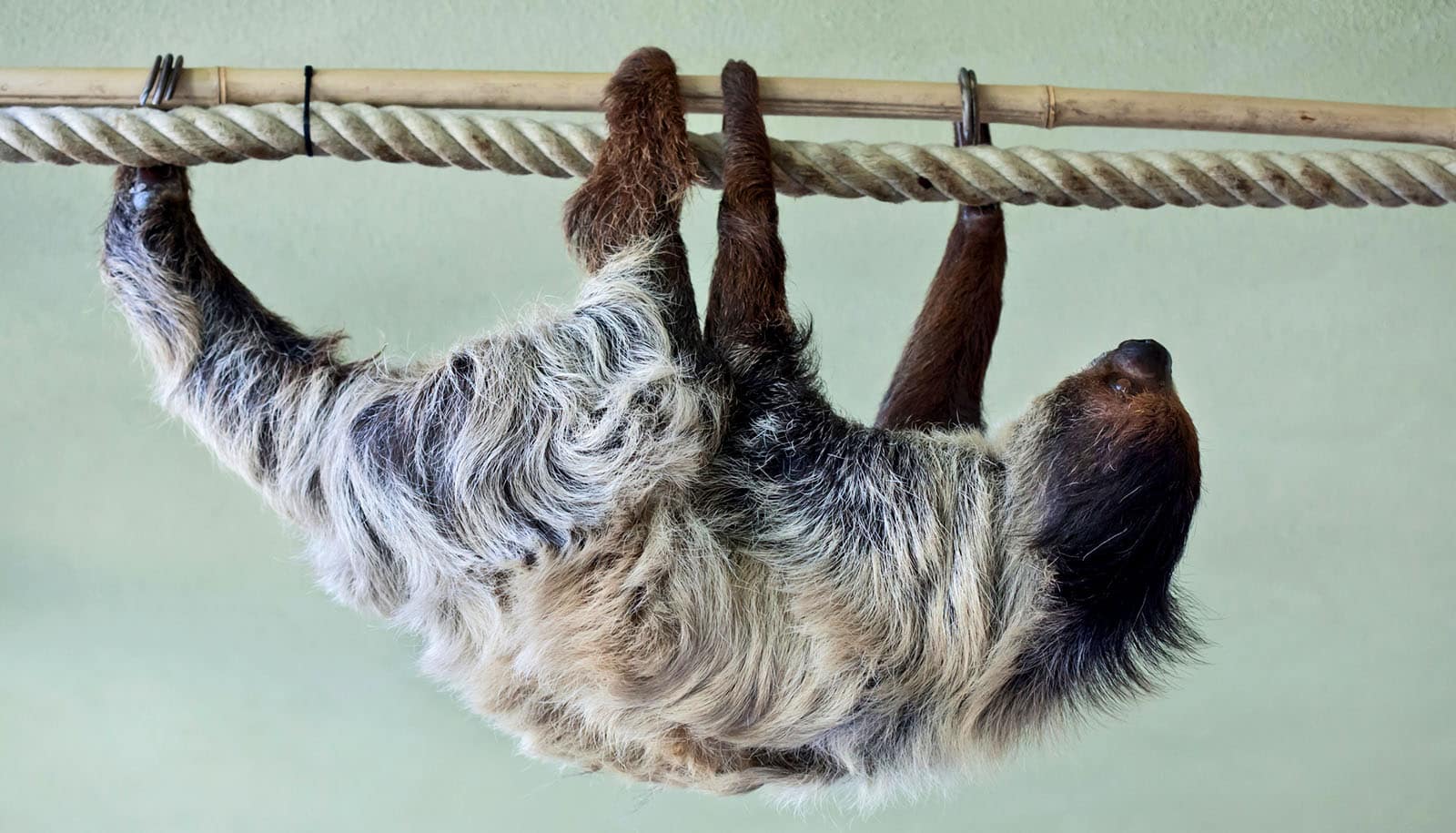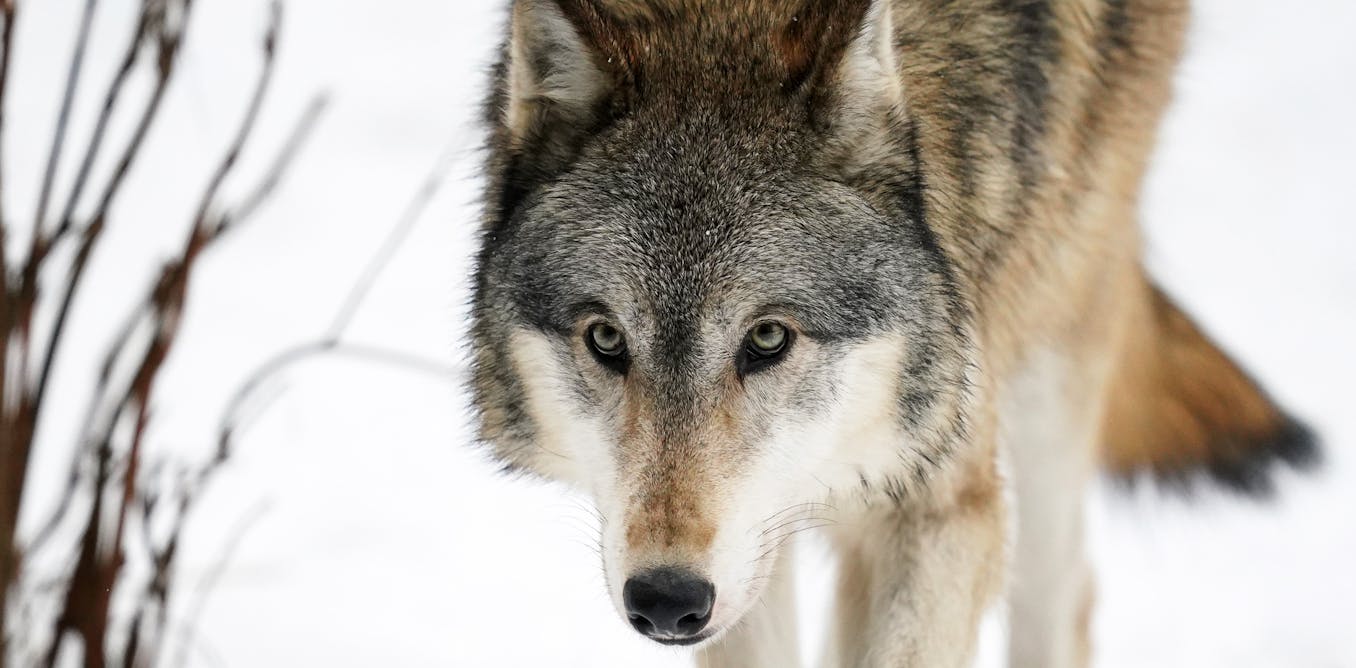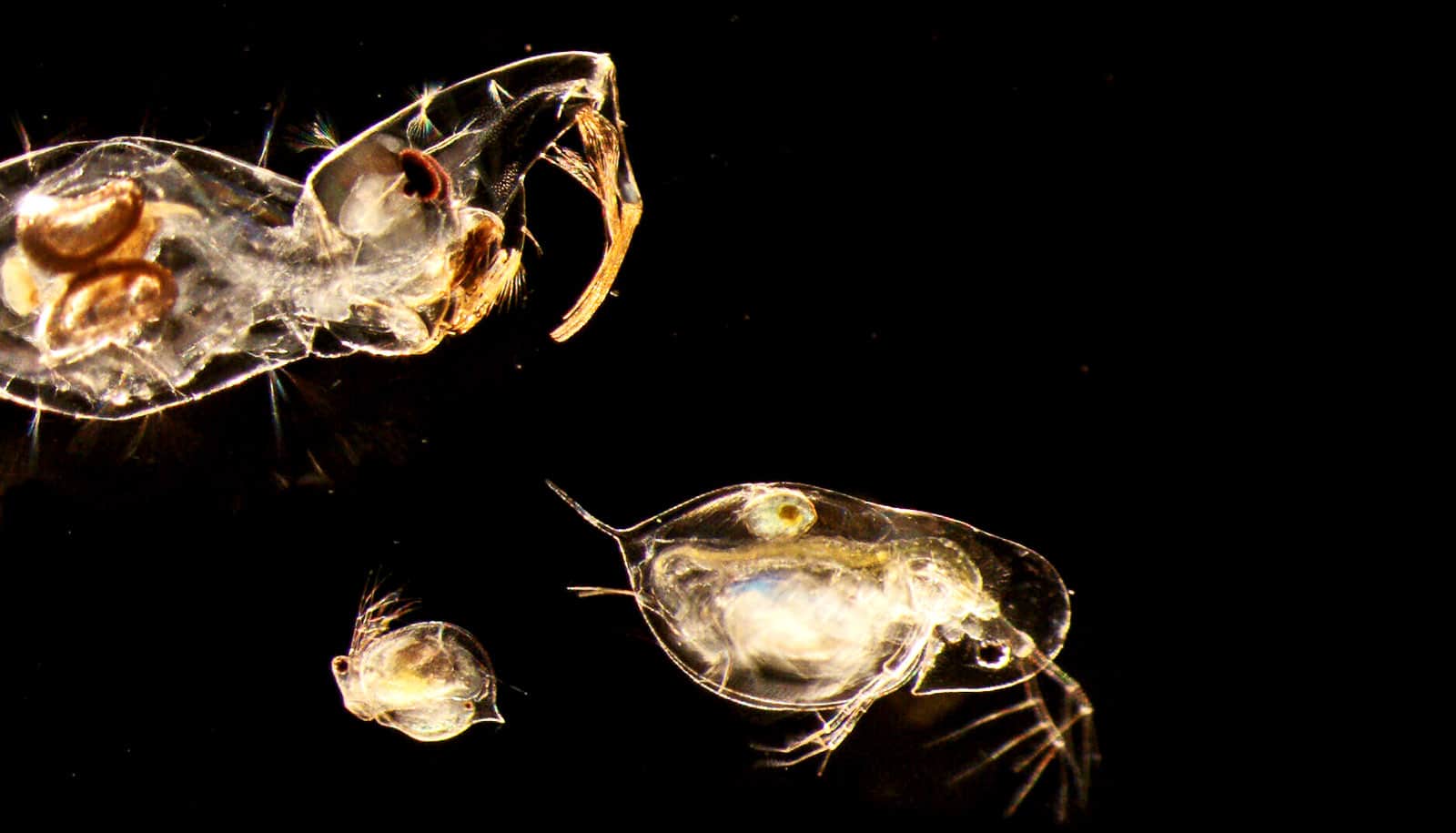Robber flies track their beetle prey using tiny microbursts of movement
Not much is known about the predator fly Laphria saffrana. New research identified how they count the wingbeats of their favored prey, letting it slip out of focus before adjusting their heads.
March 5, 2024 • ~7 min

